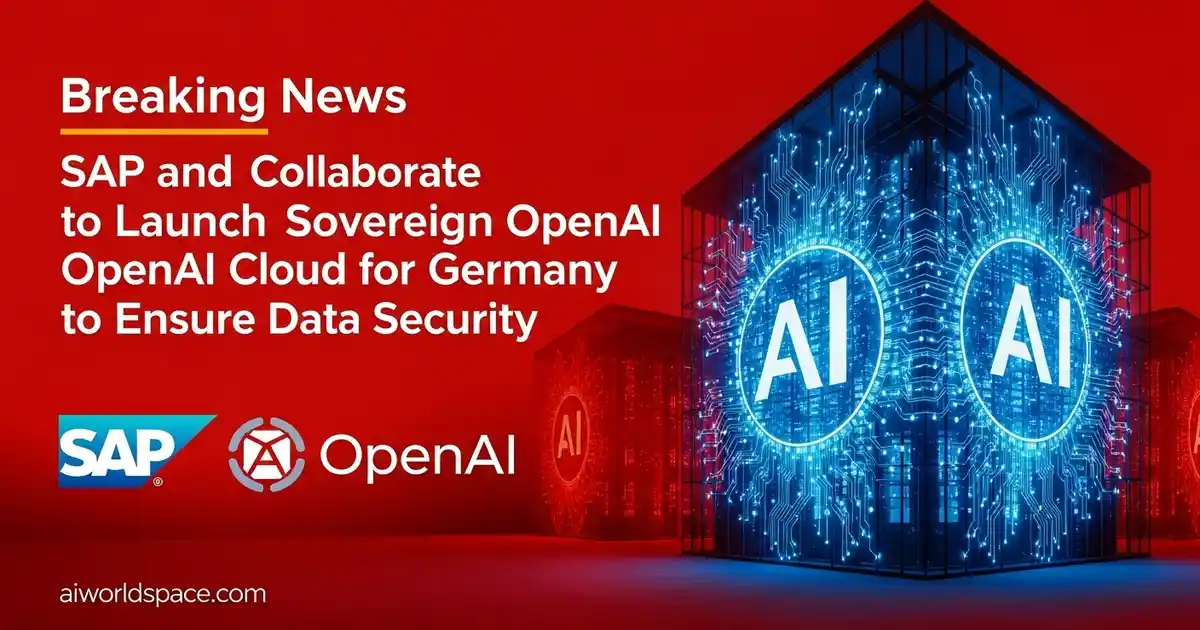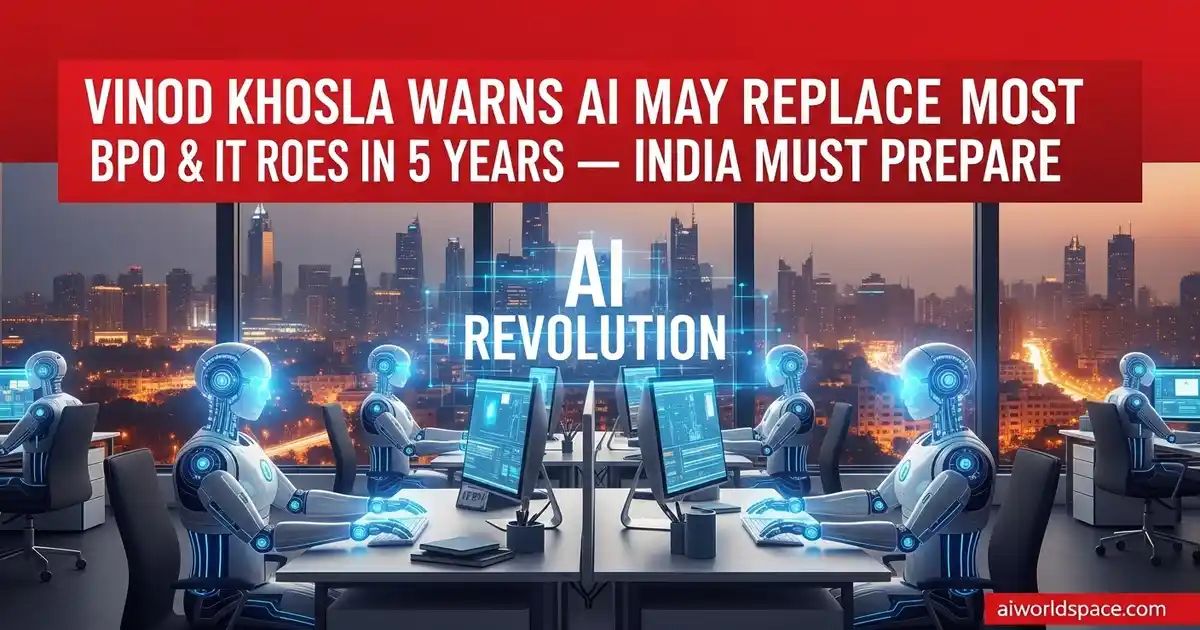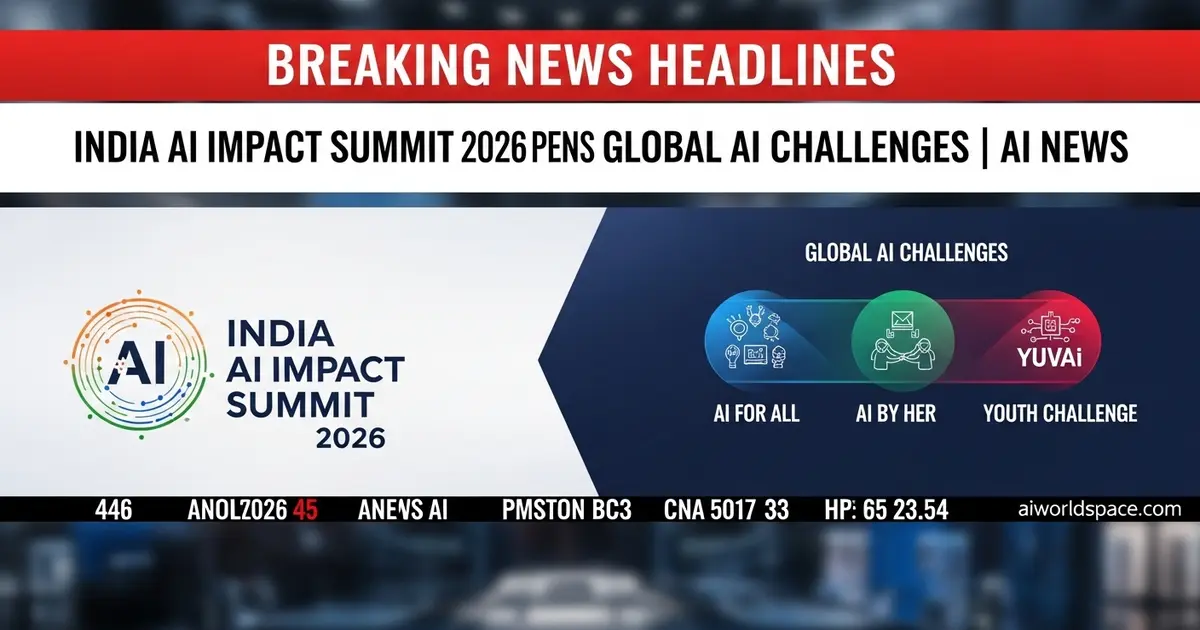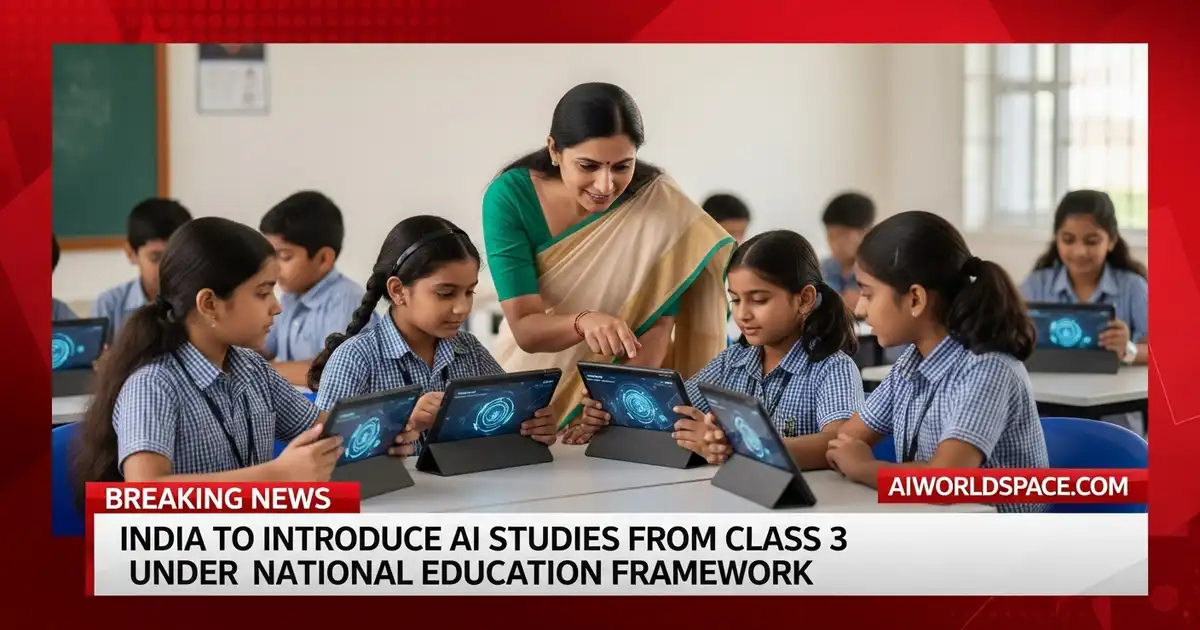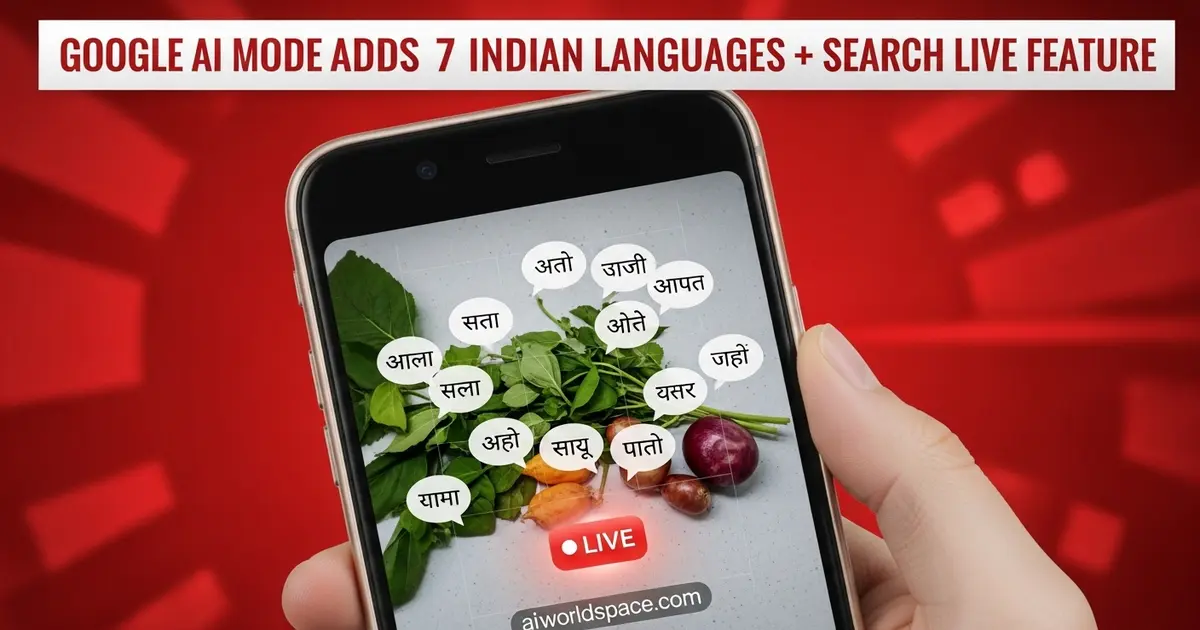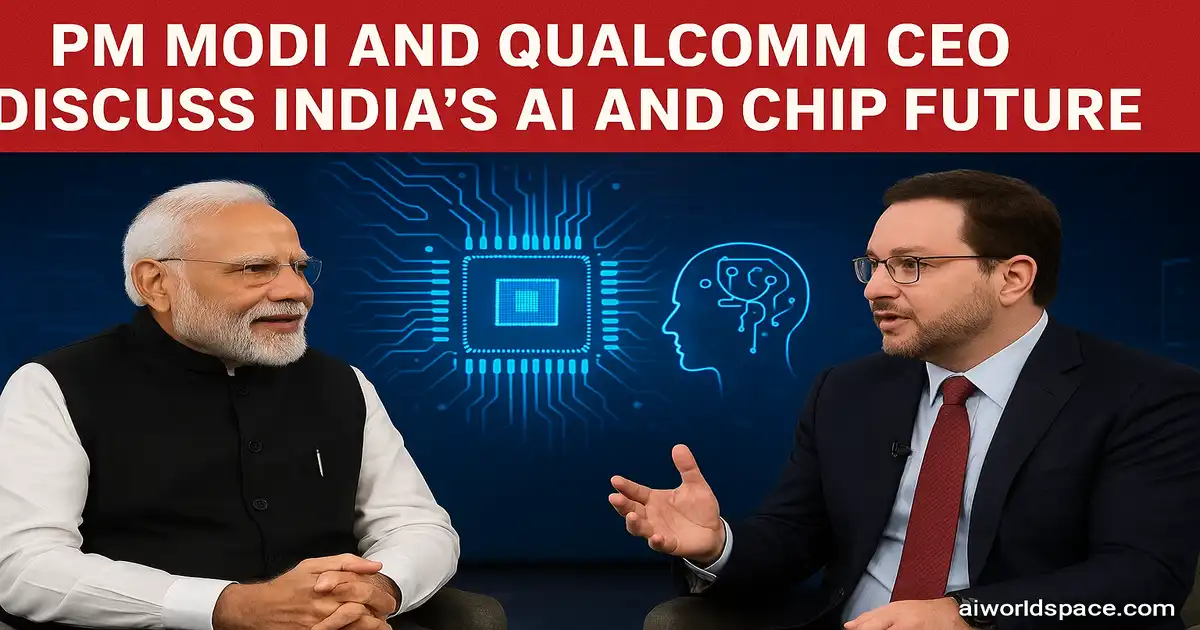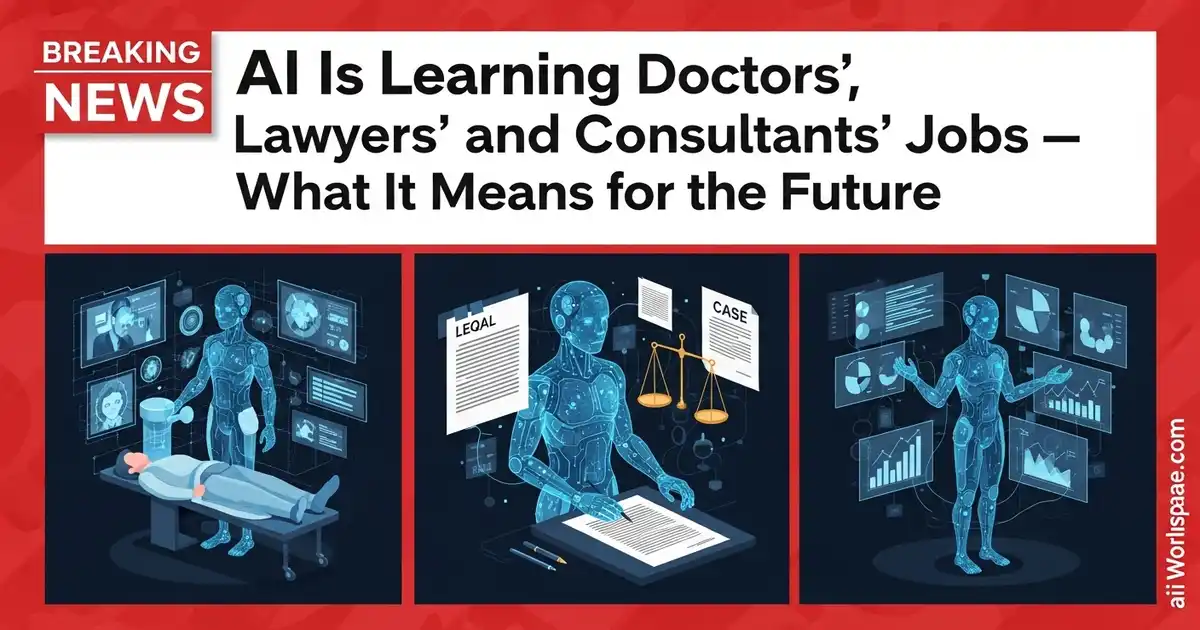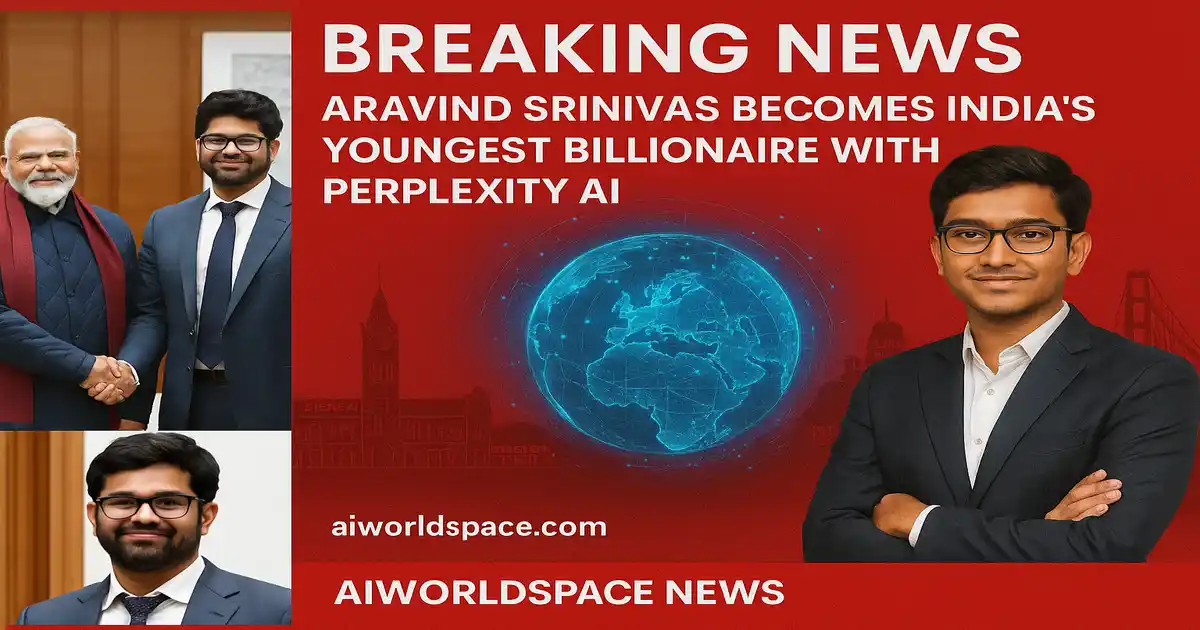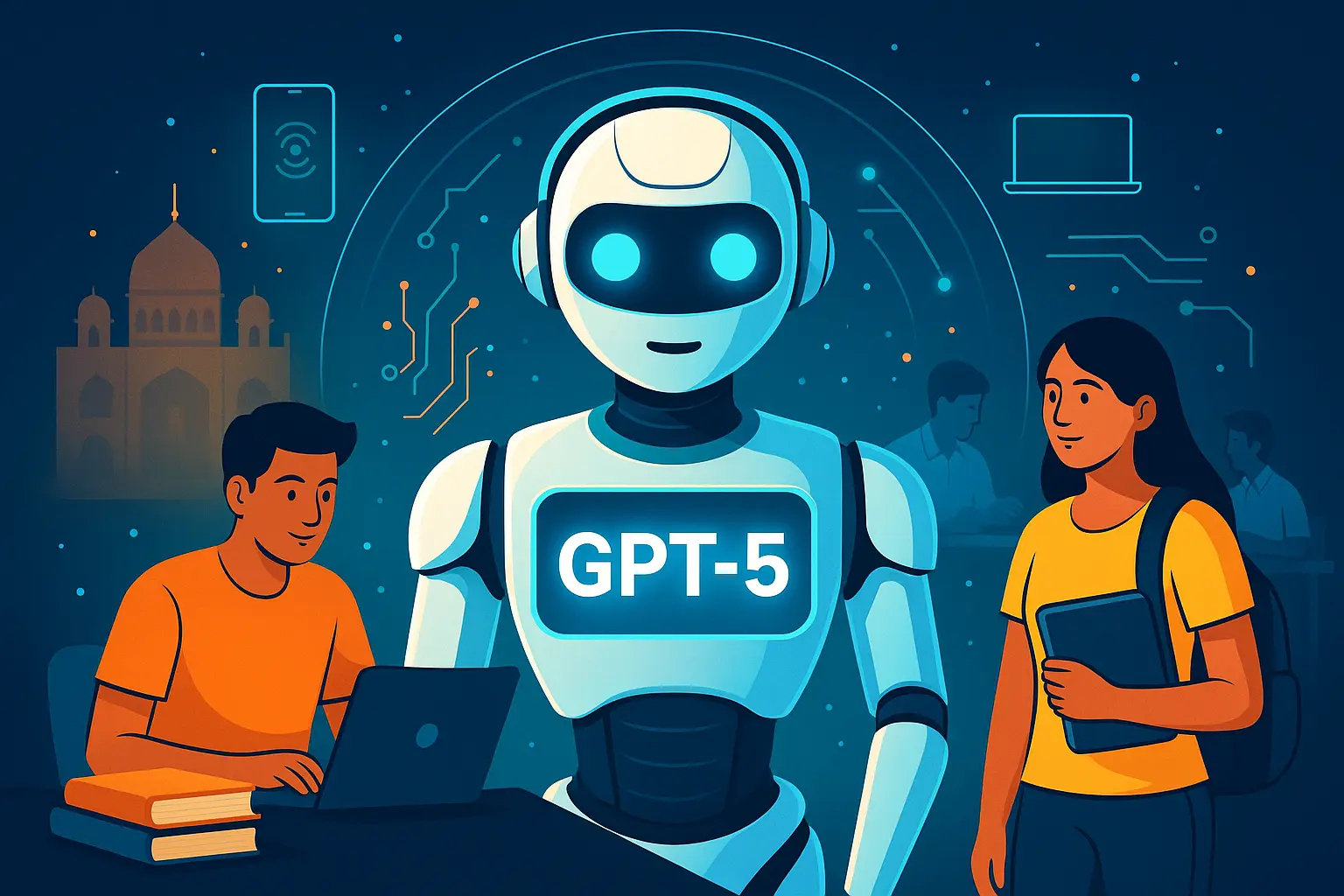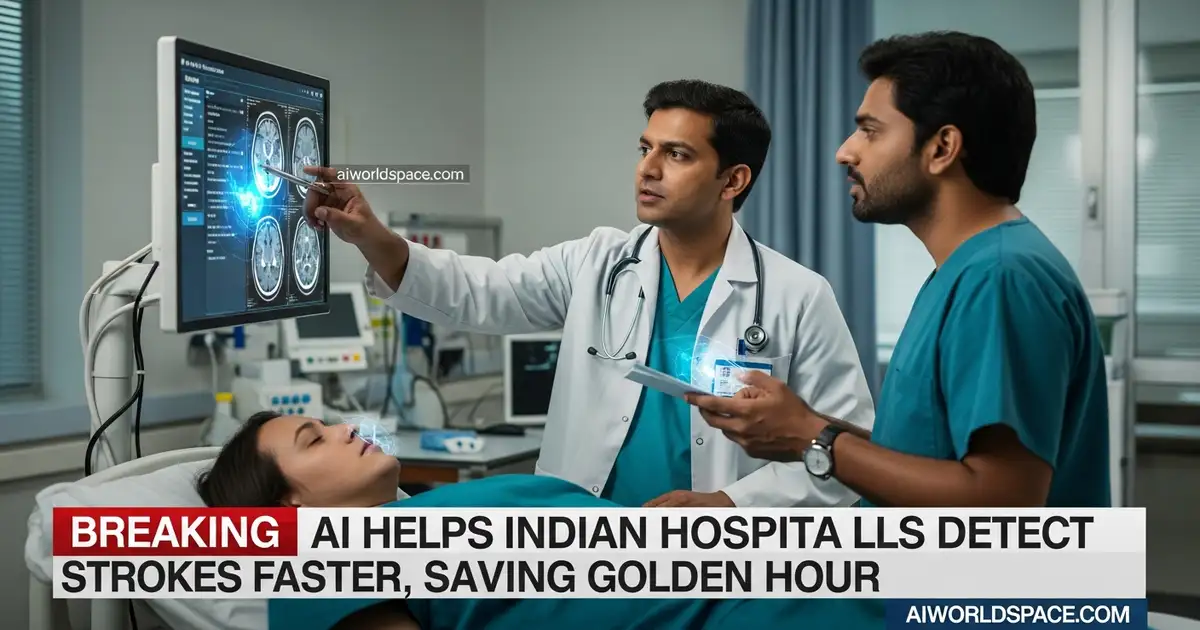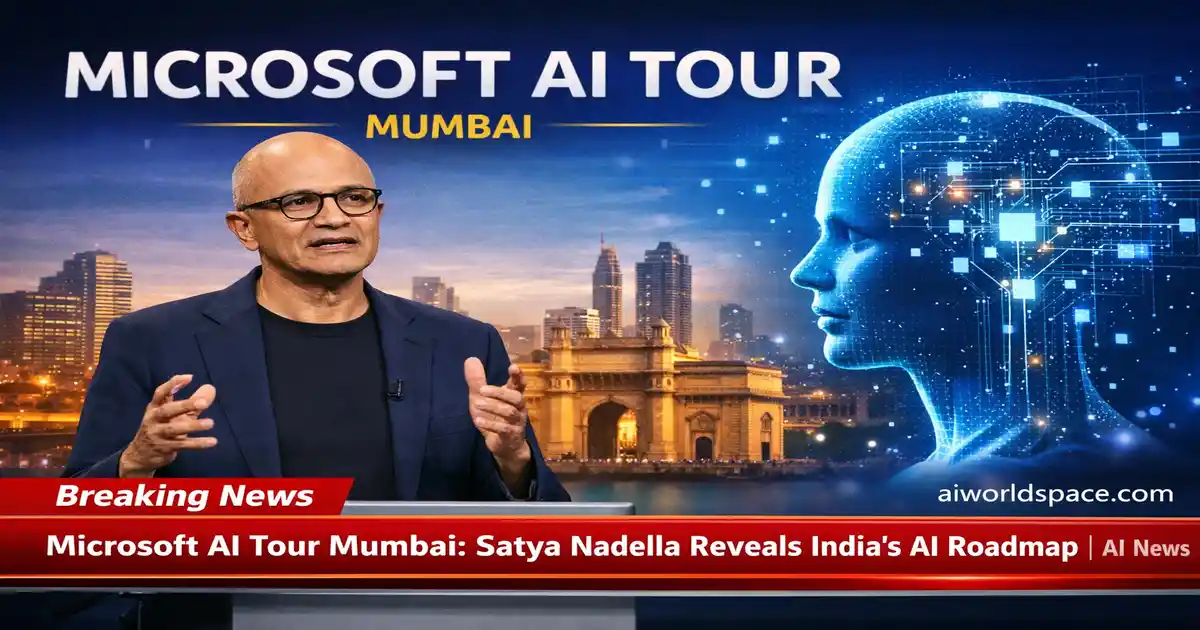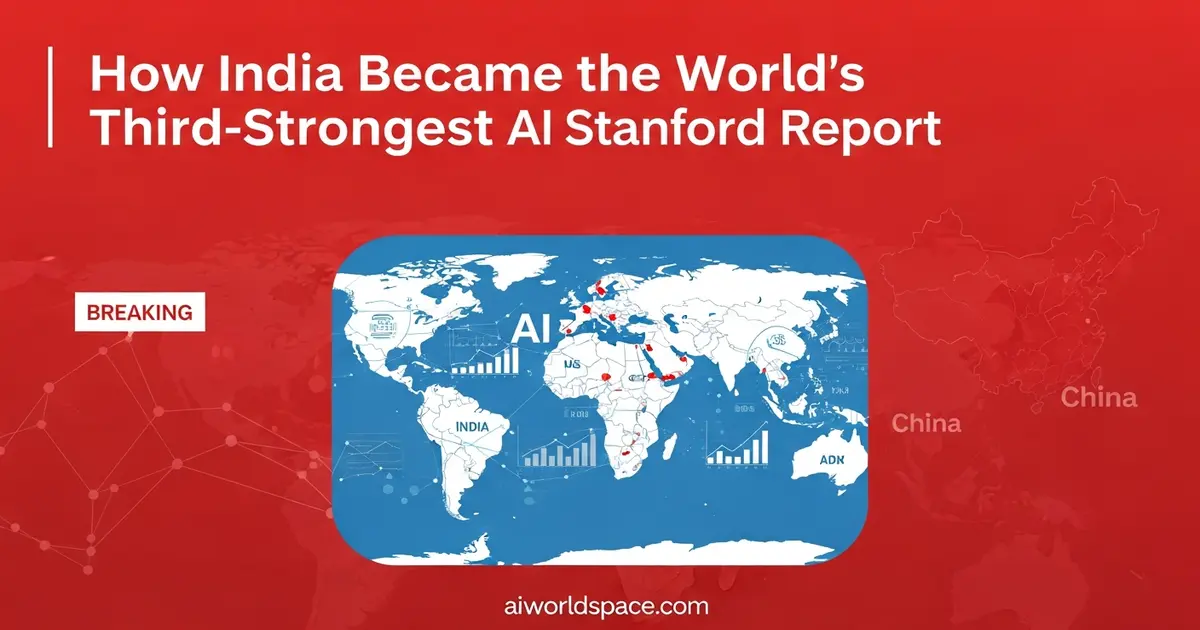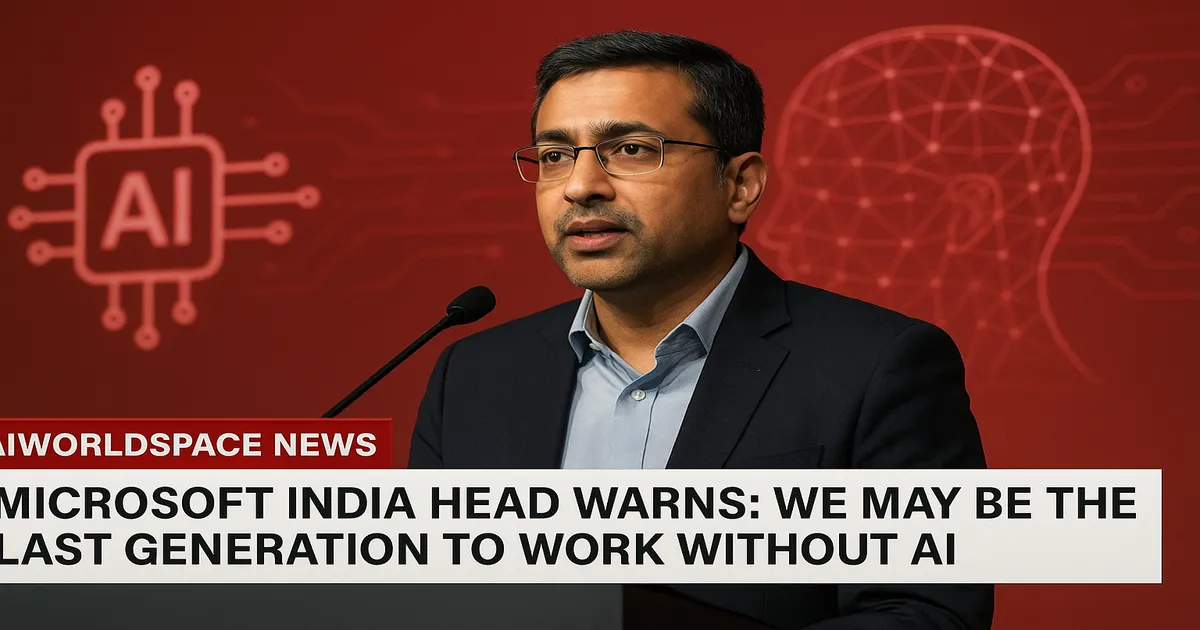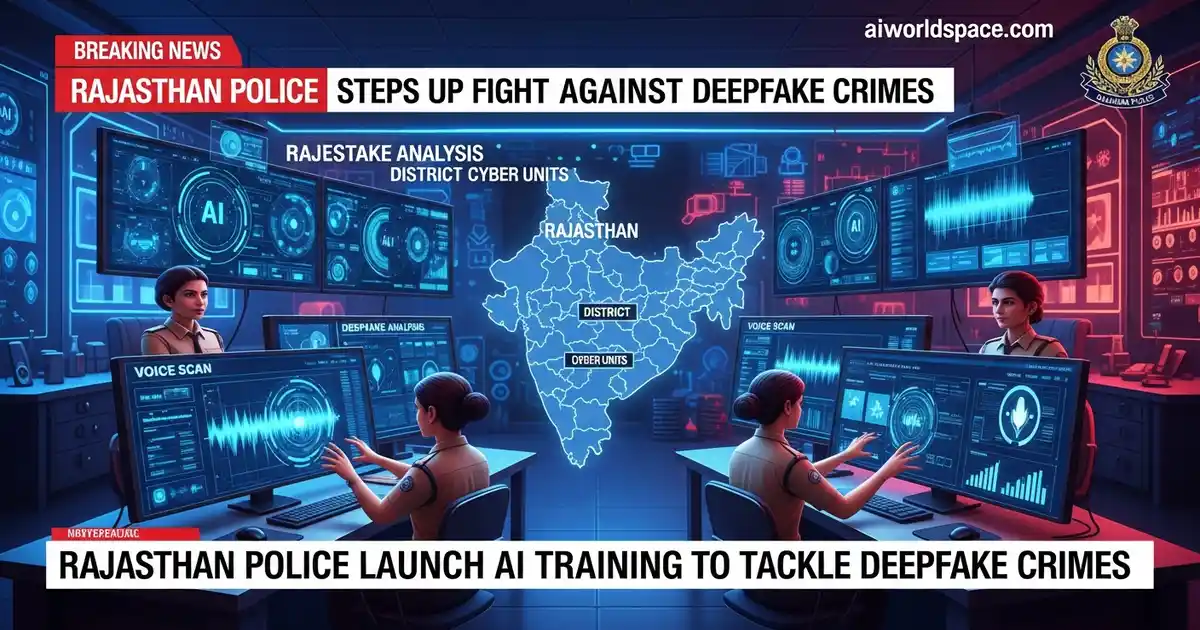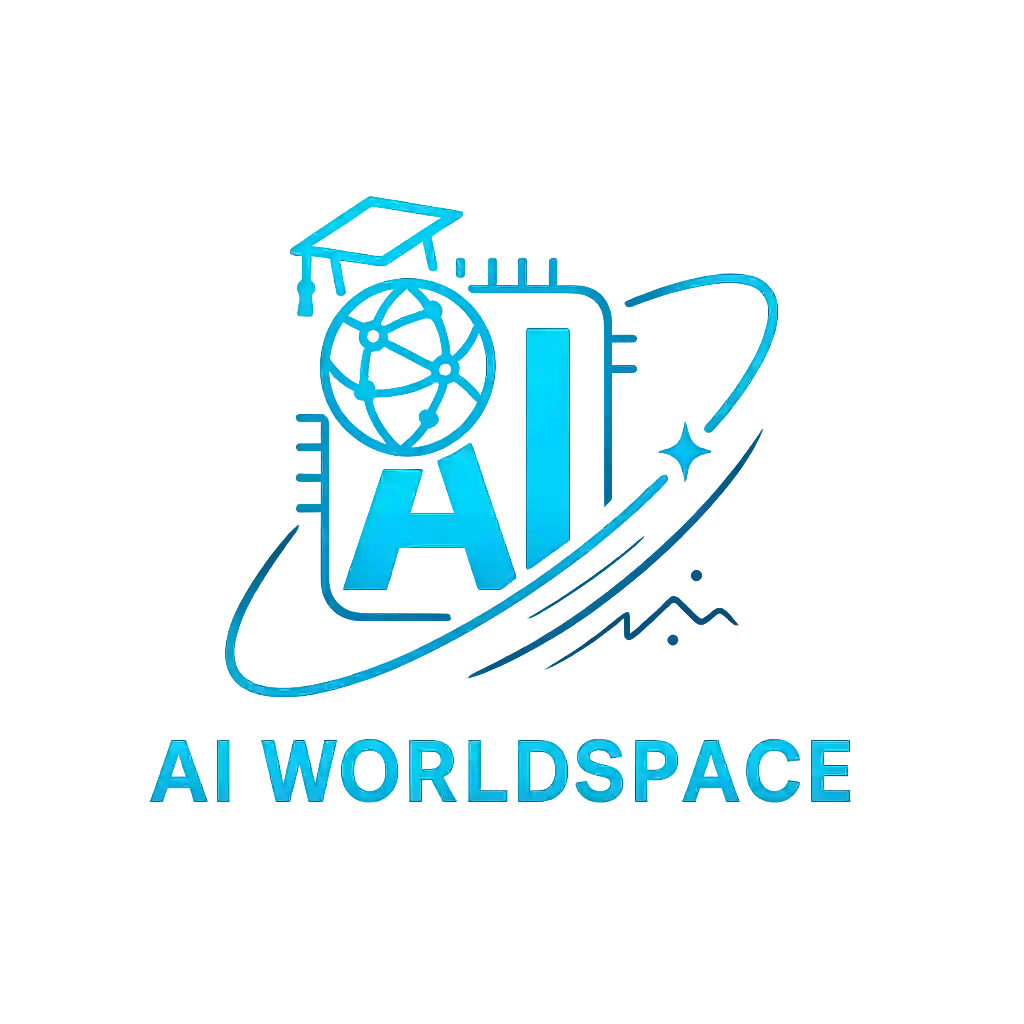Location: Bay Area, USA / India| Date: September 27, 2025|Read Time: 3–4 minutes
Summary:
Venture capitalist Vinod Khosla has warned that in the next five years, artificial intelligence could replace most roles in India’s IT and BPO sectors. Alongside risks, he sees huge opportunity for India to lead AI innovation if it adapts quickly.
At a recent Startup Policy Forum event called “Meet the OGs,” Mr. Vinod Khosla the legendary Silicon Valley venture capitalist and co-founder of Sun Microsystems ,asserted that AI will radically change how global services work. He stated that in the next five years, ALL traditional BPO operations and many IT services could be replaced or heavily automated.
Also Read
Google’s New AI Mood Board App ‘Mixboard’ Turns Your Ideas Into Instant Visuals
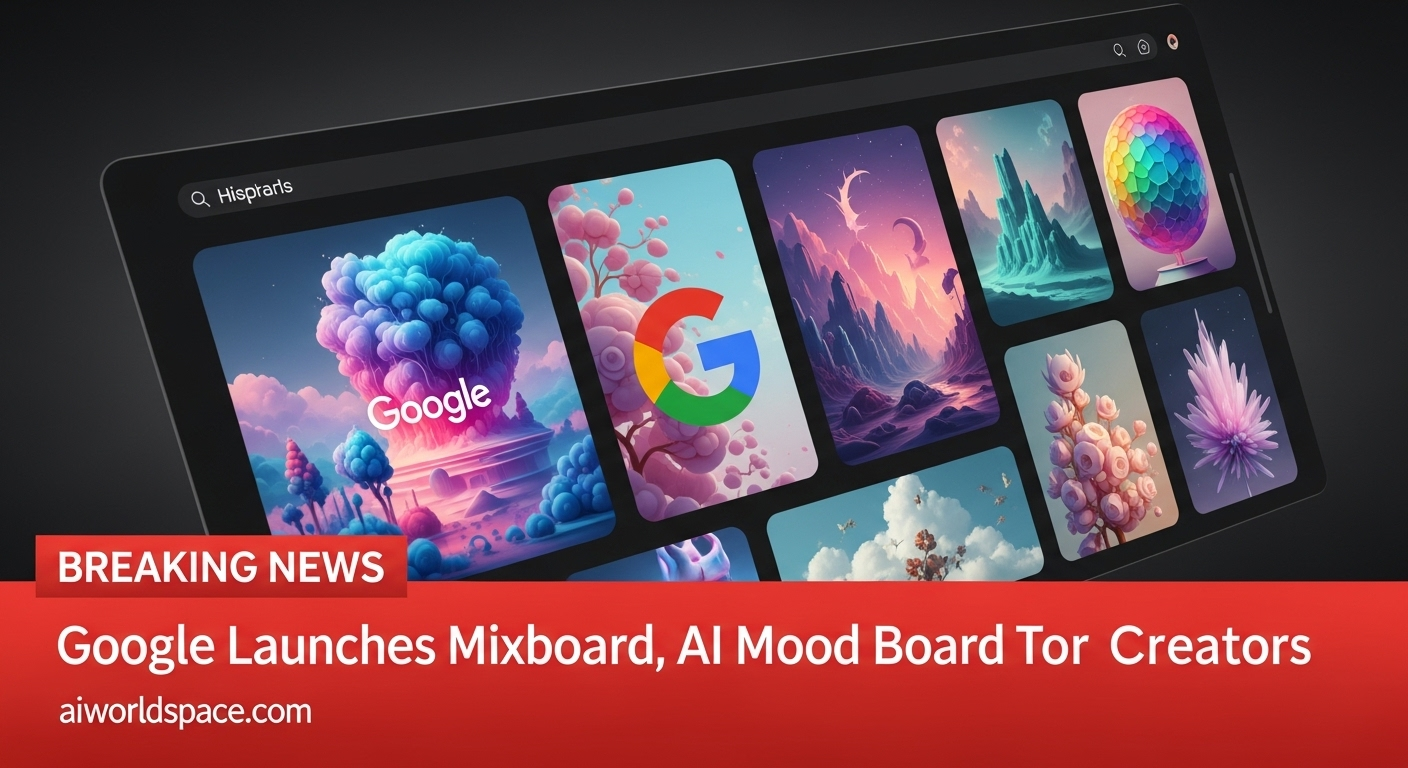
Google has launched Mixboard, an AI-powered mood board tool that instantly converts text prompts into curated visual boards. The app is aimed at designers, marketers, and creators looking for quick inspiration.
He suggested companies could run with far fewer people, thanks to leaps in productivity. He described the transition as “chaotic,” but also as a tipping point of opportunity.
Why He Thinks This Will Happen
Khosla backed up his prediction by pointing to AI’s rapid advances in automation, its ability to handle routine tasks, and its scale. He believes that productivity improvements some plans estimating increases from 5% to 500% will make it possible for fewer people to do much of the work now done by many.
Also Read-
Bengaluru’s AI Billboard Shames Traffic Violators in Real Time
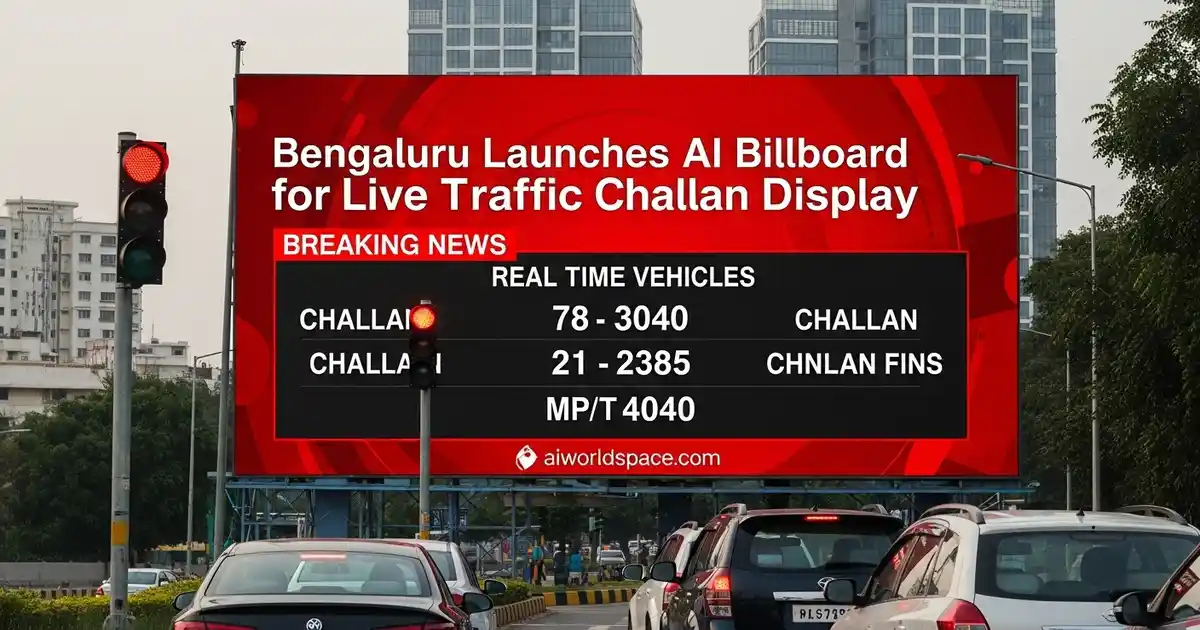
In a first for India, Bengaluru has introduced an AI-powered digital billboard that displays the names and vehicle numbers of traffic violators with pending challans — live, as they are detected — in an effort to improve compliance and road discipline.
He also emphasized that India is especially well-placed to benefit given its large technical workforce, strong startup culture, and readiness to scale.
What This Means for Jobs & Industries
If Khosla’s prediction comes true:
- Many existing roles in customer service, support, data entry, system integration, and basic software services might be automated or significantly reduced.
- This shift could force large IT/BPO companies to re-skill, restructure, or pivot into newer areas that leverage AI—such as building AI tools, managing AI systems, oversight, ethics, or domain-specific solutions.
- Universities, educators, and workers may need to adopt broader, adaptable skill sets rather than narrow specialization.
Also Read-
Cloudflare Blocks Google AI From Using Website Content Without Consent

Cloudflare has rolled out a major policy update to prevent Google’s AI models from automatically using content hosted on Cloudflare-protected websites, unless the site owner explicitly allows it.
Risks, Challenges & What’s at Stake-
The timeline Khosla proposes is aggressive. Transitioning so quickly risks social and economic disruption: job losses in cities, pressure on wages, possible inequality.
It also depends heavily on access to infrastructure (compute, internet), government regulation, education reform, and the ability of companies to adapt. If these are not in place, India could see negative fallout.
Also Read-
